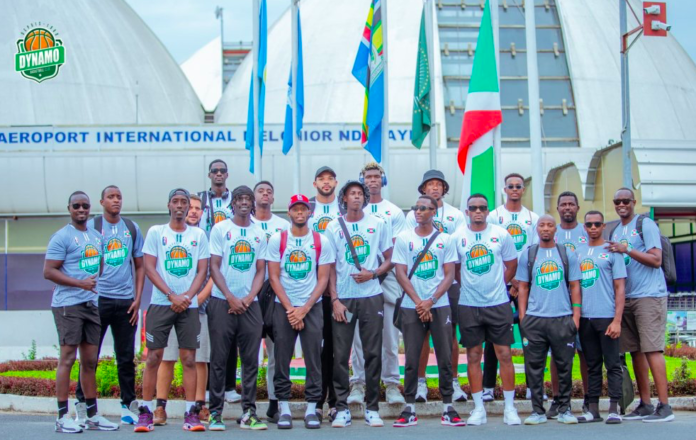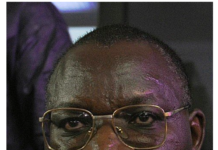On March 10, 2024, in Pretoria, South Africa, an unprecedented situation unfolded within the Basketball Africa League (BAL) when the Burundian basketball team, Dynamo, was compelled to forfeit their game. This decision was a direct consequence of their refusal to wear jerseys featuring the “Visit Rwanda” slogan, which is the main sponsor of the competition. This incident has highlighted the escalating political tensions between Burundi and Rwanda, now impacting the sports arena.
Amadou Gallo Fall, the president of the BAL, disclosed that the Dynamo team opted not to adhere to the tournament’s dress code requirements by failing to display the “Visit Rwanda” logo. As a result, the scheduled match against the Moroccan team FUS Rabat was canceled, and the victory was awarded to the latter by default.
This incident elicited a range of reactions from Dynamo team members present in Pretoria. They stated, “It was beyond our control. We were keen on participating, but political decisions prevented our involvement. It’s regrettable that politics are intruding into sports, harming not only our team but also the people of Burundi.”
The Burundi Ministry of Sports, when asked for comments, mentioned it would make its stance known in due course.
Earlier, on their first match on March 9 against the Cape Town Tigers, Dynamo had already shown their dissent by covering the “Visit Rwanda” logo. This action was in line with directives from the Burundian government and the Burundi Basketball Federation (FEBABU), which explicitly instructed the team not to display the logo due to the diplomatic tensions with Rwanda. Rwanda denies Burundian allegations of attempts at destabilization.
Dynamo’s victory in this match was publicly lauded by Burundian President Evariste Ndayishimiye, who congratulated the team for honoring their country.
Reliable sources from Kigali indicate that in response to Burundi’s stance on the “Visit Rwanda” logo, the Rwandan government, through its Development Board (RDB), exerted pressure on BAL organizers to penalize Dynamo with a forfeiture if they continued to refuse wearing the sponsor’s logo. This decision was enforced despite the team having previously played a match with the logo obscured by a black band.
This situation raises questions about the complex interplay between politics and sports, illustrating how diplomatic conflicts can influence international competitions and directly affect the participants and teams involved.
































































